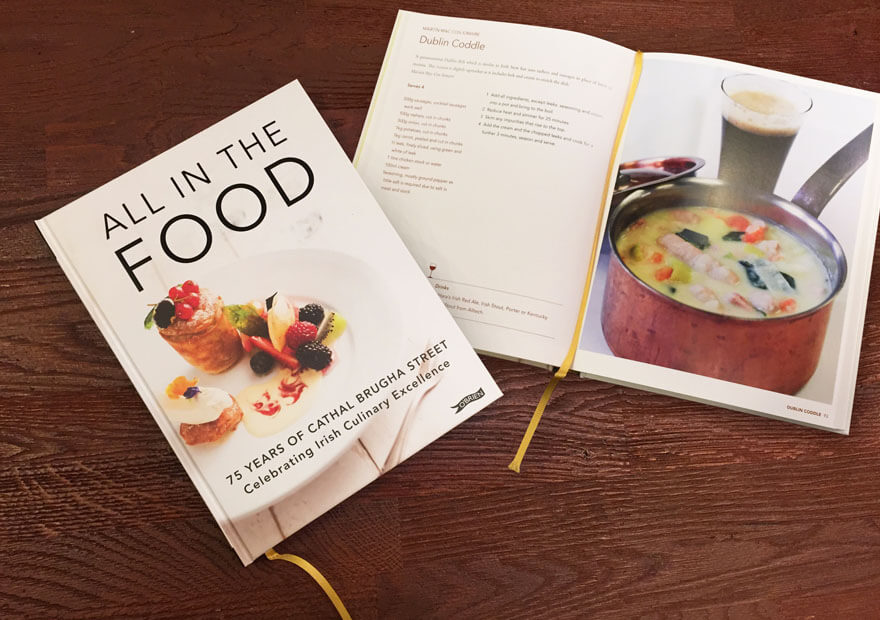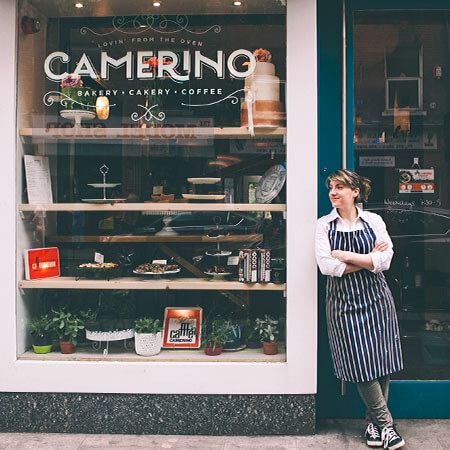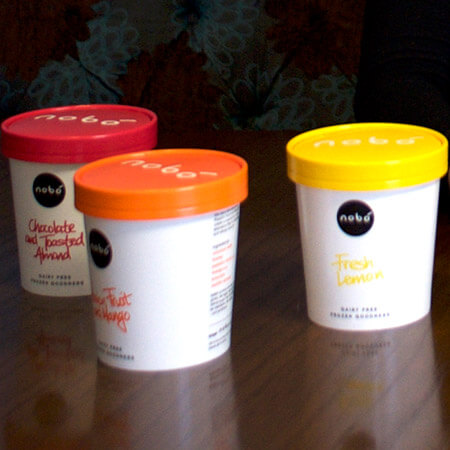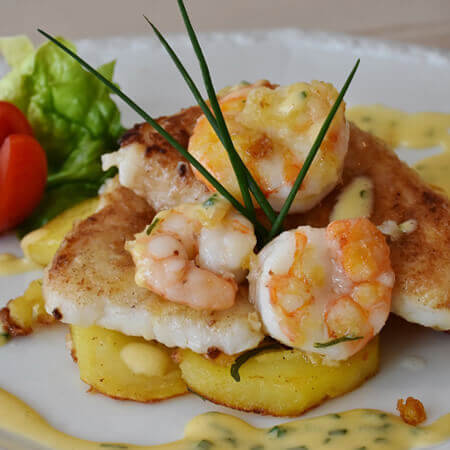What sets Dublin’s top culinary arts school apart?
TU Dublin’s School of Culinary Arts and Food Technology, which was once based on Cathal Brugha Street but is now located on its new Grangegorman campus, has been blazing trails for over 80 years.
Dublin.ie met with the Head and Assistant Head of the school, Dr. Frank Cullen and Mike O’Connor, to find out what sets their culinary school apart and what the move to a centralised campus at Grangegorman has meant for its students.
An 80-year-old institution
The Culinary Arts School first opened its doors on Cathal Brugha Street in June 1941 as Saint Mary’s College of Domestic Science. Its first ever prospectus included everything from a household management course through to a tearoom cookery course.
In the 1950s, the college changed to cater to the needs of a growing tourism industry, becoming the Dublin College of Catering. Then, in the 1990s, Cathal Brugha Street became the first culinary college to offer a degree in Culinary Arts with cooking as a core module for all four years.
In 2021, it officially moved to the heart of TU Dublin’s new home in Grangegorman. With over 500 students, it is one the largest culinary schools in Europe.
Staying ahead of industry needs
Dublin’s School of Culinary Arts and Food Technology has come a long way in the past eight decades. Though the school is still often seen as the ‘catering college’, in reality, it offers much more.
The school is constantly looking forward, anticipating the needs of the industry that its graduates will enter.
We demand a lot from our students but… they are highly sought-after.
In the 2000s, staff recognised that their students needed a more rounded education. “We have an ethos of liberal vocational education. Culinary skills and business go hand in hand…” Frank says.
So, they expanded their offering. The School of Culinary Arts and Food Technology now offers courses from Level 6 all the way up to PhD. They include everything from a Higher Certificate in Bar and Restaurant Management to a BA in Culinary Entrepreneurship to an MSc in Culinary Innovation and Food Product Development.

A celebration of contemporary Irish cooking from Cathal Brugha Street.
“We’ve done this so that, when students leave here, they don’t only feel that they have gotten an education. They have formed connections. A lifelong connection with the school, but also a connection to the industry,” says Frank.
The school’s in-demand graduates
The school is renowned for producing sought-after graduates and this is in large part down to the school’s links with the culinary industry. The links provide produce for the students to cook with, monetary support and even scholarships and support for students to travel and compete abroad.
“We’re lucky in that we do have great supporters in the industry and supporters of education. The links we have with the industry support our students in competing. And now they come back not just with one medal, but with a number of them. We demand a lot from our students but, no matter where our students go, they are highly sought-after,” says Mike.
It’s almost like a family.
The quality of the students of Cathal Brugha Street, and now Grangegorman, is world-renowned. Many of them contributed recipes to a book celebrating the school’s 75th anniversary. Many of the graduates included household names, like Darina Allen, Richard Corrigan and Kevin Thornton.
The fact that internationally recognised chefs, such as Michel Roux, also contributed reinforces the gleaming reputation that the school and its students have in the industry worldwide.
A culture of giving back to the community
This sense of giving something back is embedded in the ethos of the school. “It’s almost like a family,” Frank says. It has connections with the local community too.
For 30-odd years the school has organised a free Christmas dinner for local senior citizens. “The tickets go faster than a U2 gig,” Frank says, with a laugh.



